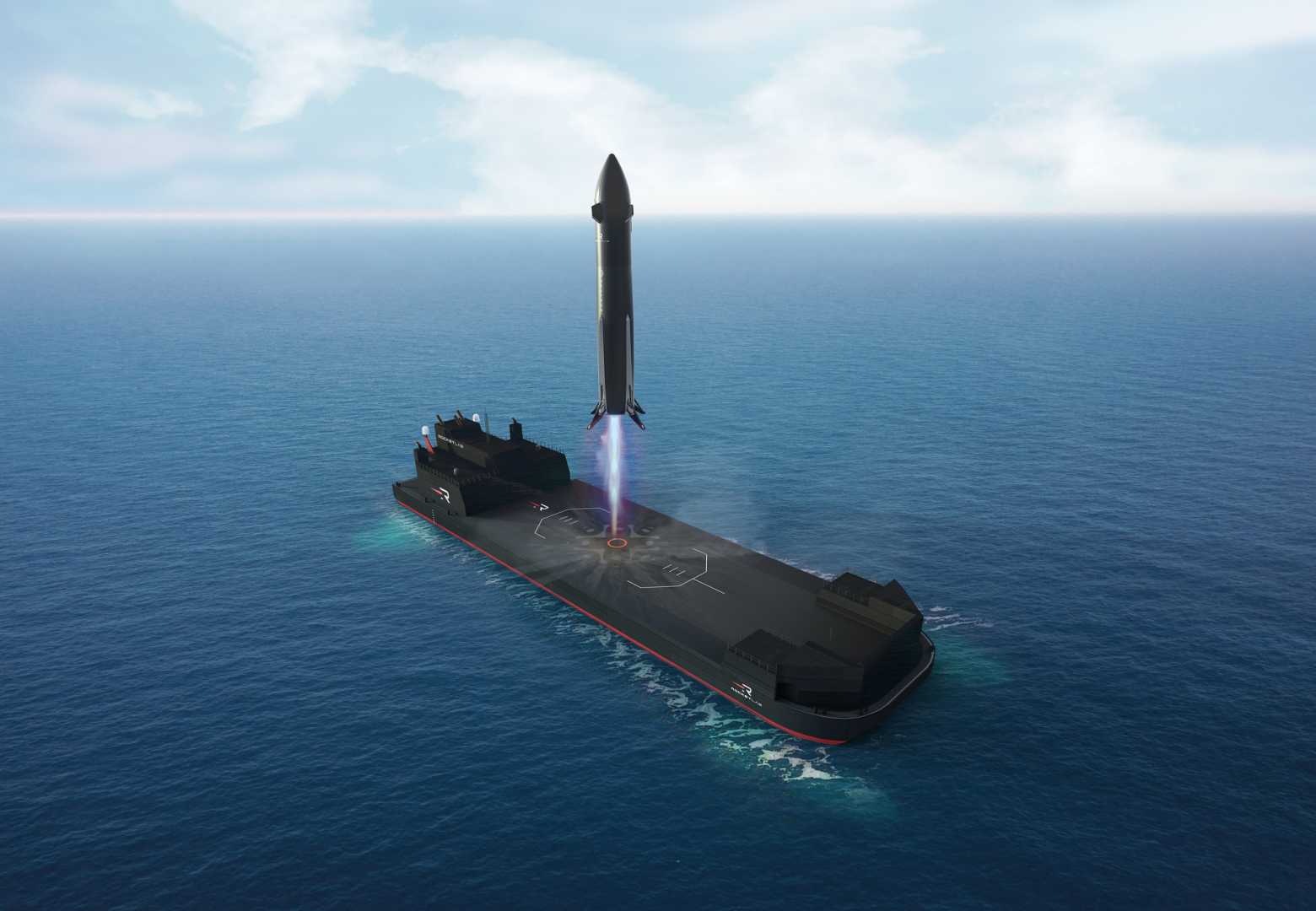Business
Rocket Lab Aims to Compete With SpaceX as Industry Evolves

Los Angeles, CA — Rocket Lab USA is positioned for growth as the space industry transforms from government-led initiatives to private enterprise. Analysts at McKinsey & Company project that this sector could contribute $1.8 trillion to the global economy, fueled by the increasing demand for satellites and related services.
Founded in 2006, Rocket Lab has become a key player in the rocket launch market, especially for small payloads. The company went public in 2021 through a merger with a special purpose acquisition company (SPAC). Despite the industry’s growth, Rocket Lab’s stock is often overshadowed by the dominance of SpaceX, which recently projected a profit of $15.5 billion in 2025, significantly outpacing Rocket Lab’s market cap of approximately $17 billion.
Rocket Lab’s current offerings include the Electron rocket, which has provided a steady revenue stream by launching microsatellites and observation spacecraft. In Q1 2025, the company reported a revenue increase of 32% year-over-year, reaching $123 million. However, operational losses also grew, amounting to $59.2 million.
The development of Rocket Lab’s Neutron rocket could enhance its competitive edge. Scheduled for a launch in the second half of 2025, the Neutron is designed to carry larger payloads up to 13,000 kilograms, aiming to compete with SpaceX’s Falcon 9 rocket. Analysts acknowledge possible delays in the Neutron’s debut, which could influence investor confidence.
The company is taking steps to integrate its services—recent acquisitions include laser communication firm Mynaric and Geost, which specializes in military sensors. These moves will bolster Rocket Lab’s capabilities in the growing defense sector and provide an advantage in government contracts.
Despite its growing backlog of $1.07 billion and a significant cash reserve, Rocket Lab’s path to profitability is still uncertain. The ongoing investments in research and development are substantial, and the company might need to seek additional capital sources to sustain its operations.
Looking ahead, analysts project Rocket Lab could achieve profitability by 2027 if it successfully launches the Neutron. For now, it remains a speculative investment as competition intensifies and demand in the space economy evolves.












